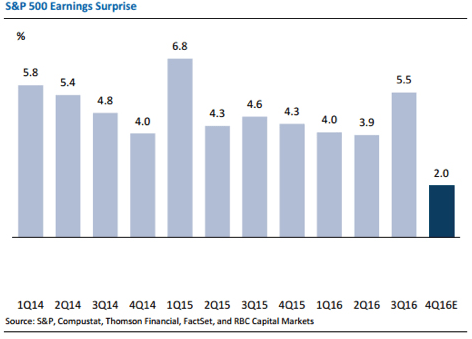
What a Market Top Looks Like
The current bull market in stocks will reach its 8th anniversary tomorrow, and for about the last four years, professional investors and financial planners have been scratching their heads. The markets have gone up and up and up, and we all know that they won’t go up forever, which means




